Available: Mon - Fri 8am - 7pm PST & Sat 8am - 1pm PST
Tennessee Whiskey
What Is Tennessee Whiskey?
Tennessee whiskey is a straight whiskey made in Tennessee. It follows a clear set of production practices. You can't just slap a label on a bottle. That Tennessee whiskey label has to be earned.
At its core, Tennessee whiskey must be made from a mash with at least 51% corn, distilled below a set proof, and aged in new charred oak barrels. What most people notice first is the Lincoln County Process. Producers filter the new spirit through a bed of charcoal, usually made from sugar maple, before it goes into barrels. That charcoal step mellows harsh notes and helps create the smooth mouthfeel many drinkers expect from Tennessee whiskey.
Types of Tennessee Whiskey
Tennessee whiskey is already a type of whiskey, and there really isn't that much difference among them aside from your usual aging, flavors, and bottling. Still, here are a few that should help with sorting and identifying varieties.
Age Statement
Age‑statement Tennessee whiskeys show how long the spirit spent in barrel, typically two years or more. Older age statements usually bring deeper oak, richer caramel and longer finishes; younger age statements keep brighter corn and grain notes. Use age statements to set expectations.. Pick younger for mixing or older for sipping.
Single Barrel
Single‑barrel releases come from one cask and are bottled without blending with other barrels. Each bottle can vary in flavor and proof, so single‑barrel Tennessee whiskeys are prized for unique, sometimes bolder profiles. These are great for tasting and collectors.
Bottled‑in‑Bond
Bottled‑in‑bond whiskeys meet U.S. rules: one distillery, one season, aged at least four years, and bottled at 100 proof. This label signals transparency and strength - expect focused, robust flavors that often reward a splash of water.
Small Batch
Small‑batch Tennessee whiskeys are blends from a limited number of barrels chosen to show a house style with craft attention. They aim for consistent character while letting distillers highlight subtle barrel choices or mash variations, offering a good value for both sipping and cocktails.
Best Tennessee Whiskey Brands
Jack Daniel's
Also known as the most famous Tennessee whiskey! Known for its consistent, approachable Old No. 7 and wide range of flavored and aged expressions, it's great for cocktails and everyday drinking.
George Dickel
This one is known for a slightly fuller, mellower profile, and a clear charcoal mellowing process.
Uncle Nearest
Celebrated for its history and craft‑forward approach, this brand offers rich, well‑aged expressions and modern small‑batch releases.
Ole Smoky Tennessee
Think focused on flavored and approachable bottles designed for casual drinks and seasonal cocktails.
Ole Smoky Moonshine
This includes traditional unaged corn whiskey and flavored variants for party pours and simple mixed drinks.
Sugarland Shine
Here, we get small craft moonshine and flavored whiskeys that are easygoing and mixer‑friendly.
Frequently Asked Questions
Is all whiskey made in Tennessee called Tennessee Whiskey?
No, not all whiskey that comes out of Tennessee can be legally called Tennessee Whiskey. Sure, one obvious prerequisite is that it must be made in Tennessee, but it must also meet specific quality and production standards - everything we mentioned above when defining Tennessee whiskey!
What's the Lincoln County Process and why does it matter?
It's a method where the fresh distillate is filtered through charcoal (traditionally sugar maple) before aging.
The charcoal takes off harsh congeners and gives the whiskey a rounder, gentler mouthfeel. It's the signature step that often defines the Tennessee whiskey.
Is Tennessee whiskey the same as bourbon?
Tennessee whiskey often overlaps with bourbon. Yes, both are corn‑forward, aged in new charred oak, and follow similar rules. The main difference is that Tennessee whiskey undergoes the added charcoal filtration and must be produced in Tennessee.
In flavor, expect a balance of sweet corn, toasted oak, caramel, and a softer, rounded finish compared with some tighter bourbons.


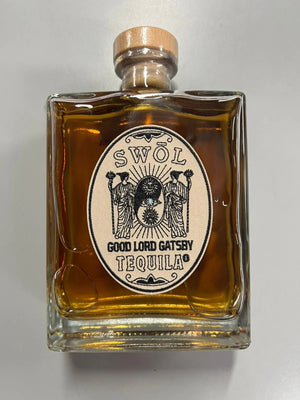
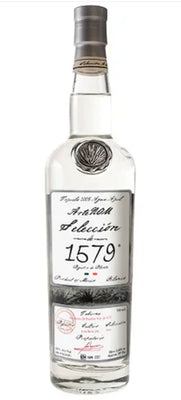
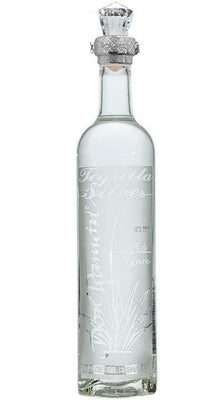
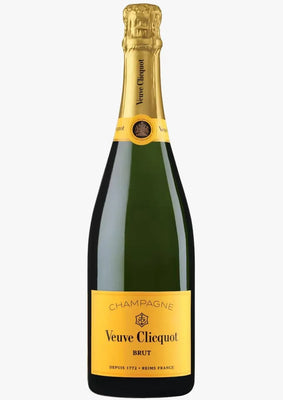
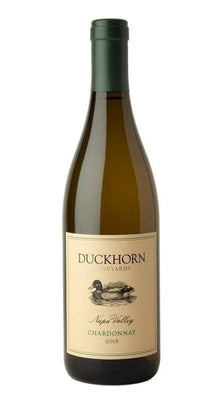
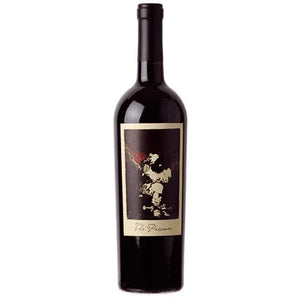

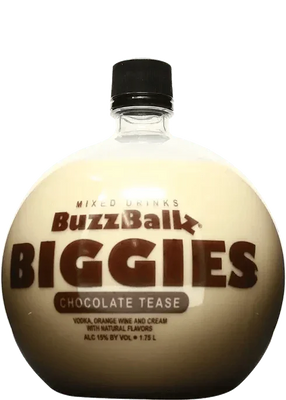
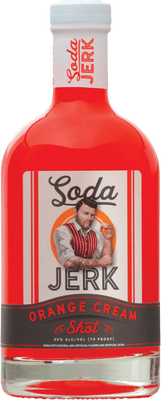

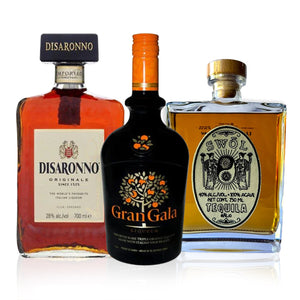

















 Get Vault Pricing
Get Vault Pricing




















